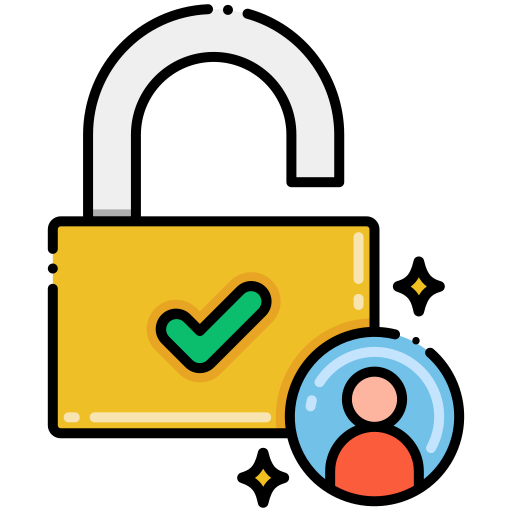Are LinkedIn Skill Assessments Worth It?
LinkedIn is a social media platform that has become increasingly popular for professionals. It is a powerful
LinkedIn is a social media platform that has become increasingly popular for professionals. It is a powerful tool for networking and job searching. One of the features of LinkedIn is its skill assessments. Skill assessments are short, multiple-choice tests that are designed to measure a user's proficiency in a particular skill. But the question remains, are LinkedIn skill assessments worth it? In this article, we will explore the pros and cons of LinkedIn skill assessments to help you make an informed decision.
What Are LinkedIn Skill Assessments?
LinkedIn skill assessments are online tests designed to evaluate your proficiency in specific skills. These assessments are available for a wide range of topics, including Microsoft Office, project management, coding, and more. Each assessment typically contains 15-20 multiple-choice questions that can be completed in about 20 minutes.
The tests are scored on a scale of 0-100, with a passing score of 70 or higher. When you pass an assessment, you earn a badge that can be displayed on your LinkedIn profile to showcase your proficiency in that skill.
Pros of LinkedIn Skill Assessments
They Can Help You Stand Out to Potential Employers
LinkedIn skill assessments can help you stand out to potential employers. By earning badges for skills, you are showing that you have a certain level of proficiency in that area. This can make you a more attractive candidate for a job or project.
They Are a Quick and Easy Way to Showcase Your Skills
LinkedIn skill assessments are a quick and easy way to showcase your skills. They only take about 20 minutes to complete and can be taken from anywhere with an internet connection. Once you pass an assessment, the badge appears on your LinkedIn profile, allowing potential employers to quickly see your skills.
They Provide a Low-Stakes Way to Practice and Improve Skills
LinkedIn skill assessments provide a low-stakes way to practice and improve skills. The assessments are free to take, and you can retake them if you do not pass on your first attempt. This can be a helpful way to identify areas where you need to improve and focus your learning efforts.
They Can Help You Identify Knowledge Gaps
Taking a LinkedIn skill assessment can help you identify knowledge gaps. If you do not pass an assessment, you will receive feedback on the areas where you need to improve. This can be a helpful way to focus your learning efforts and improve your skills.
Cons of LinkedIn Skill Assessments
They May Not Be a Reliable Indicator of Skill
LinkedIn skill assessments may not be a reliable indicator of skill. The assessments are multiple-choice tests, which can be easier to guess on than open-ended questions. Additionally, the assessments may not cover all aspects of a skill, leading to a false sense of proficiency.
They May Not Be Relevant to Your Industry
Some LinkedIn skill assessments may not be relevant to your industry. If you work in a specialized field, the assessments may not cover the specific skills you need. This can make the badges less valuable to potential employers.
They Can Be Time-Consuming
Although LinkedIn skill assessments only take about 20 minutes to complete, they can be time-consuming if you want to earn multiple badges. If you are trying to showcase your proficiency in multiple skills, it can take a significant amount of time to complete all of the assessments.
They Are Not Widely Recognized
LinkedIn skill assessments are not widely recognized outside of LinkedIn. While they may be valuable to potential employers who use LinkedIn to search for candidates, they may not be as valuable to employers who do not use LinkedIn.
Conclusion
While there are both pros and cons to LinkedIn skill assessments, they can be a valuable tool for professionals looking to showcase their skills and stand out to potential employers. However, it's important to keep in mind that the assessments may not be a reliable indicator of skill, may not be relevant to your industry, can be time-consuming, and are not widely recognized outside of LinkedIn. Ultimately, the decision to take LinkedIn skill assessments should be based on your individual career goals and the specific skills you are looking to showcase.
